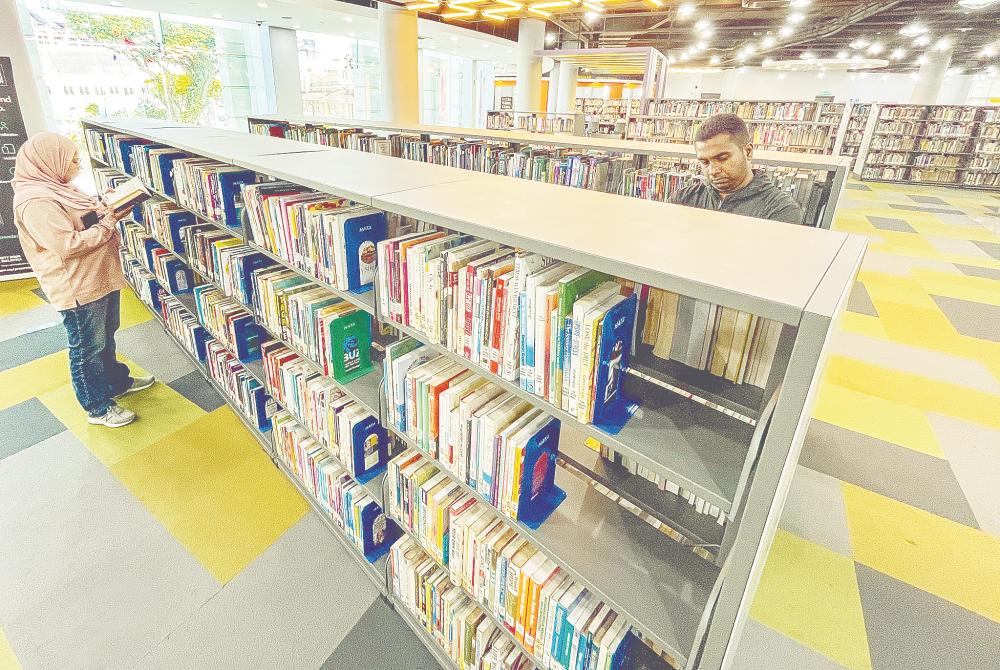PETALING JAYA: When thousands of Malaysians lined up outside BookXcess stores for a recent three-day book giveaway, some observers were left stunned.
Others saw it as confirmation of what they have always believed: Malaysians do read, but are books here too expensive and inaccessible?
Librarians Association of Malaysia president Dr Ghazali Mohamed Fadzil said the sight of people queueing from 8am for free books was not surprising. Instead, it underscored an ongoing reality.
“Malaysians read, and many read printed books more than digital copies.
“In rural areas and small towns, it’s also about connectivity.
“Even when people have smartphones, many are still not comfortable reading digital books.”
He added that while students have increasingly turned to digital formats for academic purposes, the general public continues to gravitate toward physical books for leisure reading.
Ghazali also said the BookXcess giveaway showed that the reading habit is alive in Malaysia, but needs more support and visibility.
On public complaints about limited access to libraries, he pointed out that Malaysia has a vast library network.
“There are around 13,000 libraries in the country. I do not think it’s about limited access, but more about reading culture.
“One of the main roles of libraries is to ensure access to information and learning for all.”
However, he acknowledged that some libraries, especially in smaller towns, may not be easily accessible.
“They are not hidden, just maybe not easy to reach due to distance. One way to mitigate this is to upgrade all libraries,” he said.
He also addressed calls to have libraries in malls and allow them to stay open beyond normal working hours.
“We do have libraries in shopping malls and urban transformation centres in most states, including Kuala Lumpur, Penang, Johor, Sabah and Sarawak.
“We even have a library inside the Kota Kinabalu International Airport in Sabah and another at a petrol station in Perlis.”
Ghazali said while nighttime libraries may struggle to attract visitors, academic libraries with public access and 24-hour sections could provide a more sustainable model in the future.
In addition to physical expansion, he said librarians are working closely with communities and NGOs to promote reading in more informal ways.
“The association encourages and works with NGOs to organise reading activities such as Read in the Park and Taman Baca Sungai Bunus in Kuala Lumpur with the residents of various communities.”
He also suggested that librarians and libraries be more active on social media platforms, saying: “We could be more active strategically.”
In addition, the association is lobbying for policies to include libraries at all new housing and mall developments, such as People’s Housing Programme areas in Kuala Lumpur and Selangor.
“The problem with reading and its solution lie within the home,” he said, adding that libraries are community hubs that could help to address social issues.









